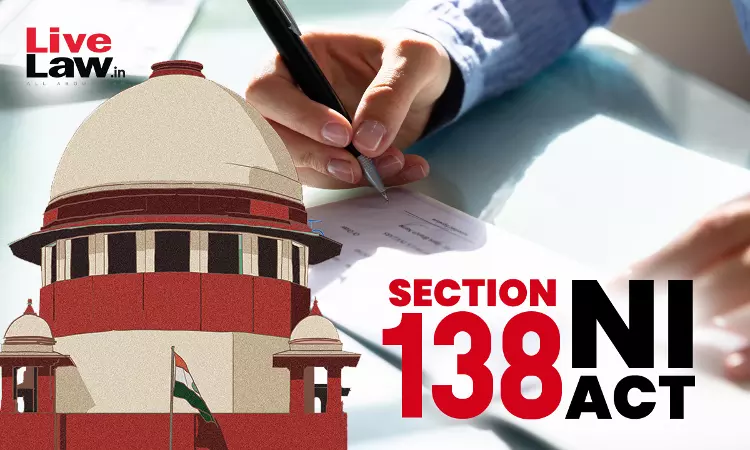The Supreme Court held that once a person admits the handing over of a signed cheque with an amount written on it, then he cannot raise disputes regarding the interest rate as a defence in a prosecution for the offence of the dishonour of cheque under Section 138 of the Negotiable Instruments Act, 1881.In this case, the respondent had executed a cheque for a sum of Rs.19 Lakhs in favour of a...

